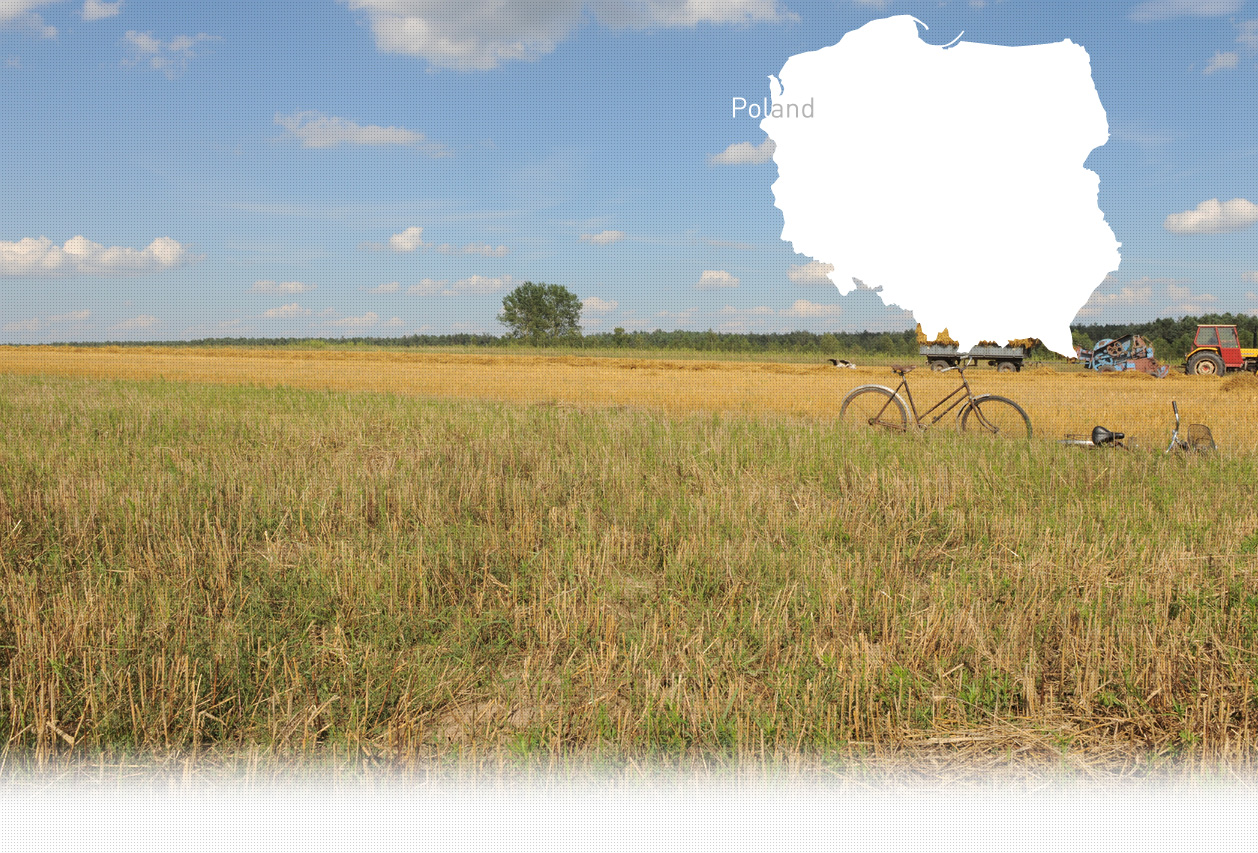

1 Killing site(s)
Jozef S., born in 1931, recalls: “Upon their arrival, the Germans opened a warehouse where people had to bring eggs, gooses, ducks, and hens. Everyone had to bring those for the Germans’ needs. Once, when I went there with my mother, a German called me: “Komm! Komm kleiner!” He gave me two ducks, and I had to queue. They filmed the scene as if people were giving the poultry voluntarily, of their own will. In exchange they gave me sugar and alcohol. So that time, I was filmed. When I tell this story to my children, I always say I was an actor in a propaganda film.” (Witness n°567, interviewed in Szczucin on April 8th, 2016)
Szczucin is located 78km south-east of Kielce. The records of the Jewish community in Szczucin go back to the 18th century. They had a synagogue, and their own cemetery. The Jewish community was quite significant as part of the community: in 1860, out of 1,100 people, 547 were Jews. According to the local resident interviewed by Yahad, the majority of Jews lived in the town center, and Jewish and Polish children went to the same school. The Jews lived off of the small scale trade and craft. In 1939, 800 Jews lived in the town making up 40% of the total population.
Germans invaded the town on September 8th or 9th, 1939. Immediately after the occupation, all Jewish shops were sealed and the Jews were forbidden to excel. There was no ghetto established locally, all the Jews from Szczucin were moved in 1942 to the Tarnow ghetto located 37 km north. In March 1925, 25 Jews were shot after they were forced to dig and bury Polish soldiers murdered by Germans. According to the local witness interviewed by Yahad, several isolated shootings took place in Szczucin. The victims’ bodies, including Jews and non-Jews, were buried at the Jewish cemetery. In addition to the killings conducted in the town, the Szczucin train station was used as the main deportation point to Treblinka. The Jews were brought on foot from Nowy Korczyn, Pacanow, and Stopnica to the station in Szczucin to be sent to the extermination camp. Today, there is no memorial for the Jewish victims killed during the Second World War.
Do you have additional information regarding a village that you would like to share with Yahad ?
Please contact us at contact@yahadinunum.org
or by calling Yahad – In Unum at +33 (0) 1 53 20 13 17